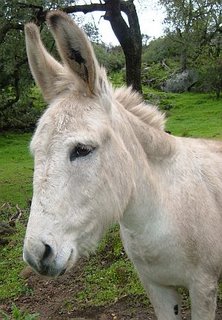
I still keep that journal of questions, and add to it.
So eventually I learned quite a bit about what this Chinese symbolic language meant, because the book helped me remember what I tried last time I got that same symbolic answer. Trying something else in the now similar situation gave me another option to try out. I could recognize that this was a similar situation from getting a similar answer from the I Ching the last time it came up in my life. Otherwise I would have never noticed any similarities because too much time had passed in between what turned out to be very similar, virtual questions. I would have never connected the
two circumstances if I hadn't had the I Ching to draw the parallel.
So literally, the dangerous Hexagram # 29 says to "Be like water, follow your true nature to emerge from the ravine." What I found that meant to me was much more practical. It meant that I'd already imagined in the past about what I was going to do in this rather precarious situation, so I'd better not change my mind now about it. Make a new decision about how to proceed when I'm out of the danger, not when I'm in it. Not bad advice, under those circumstances, no matter what the means of getting the advice.
